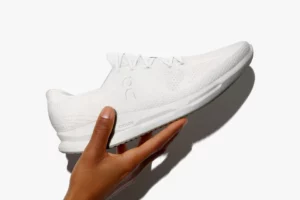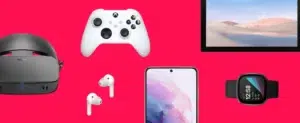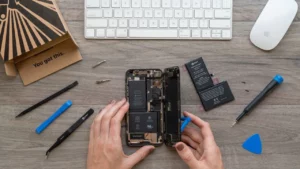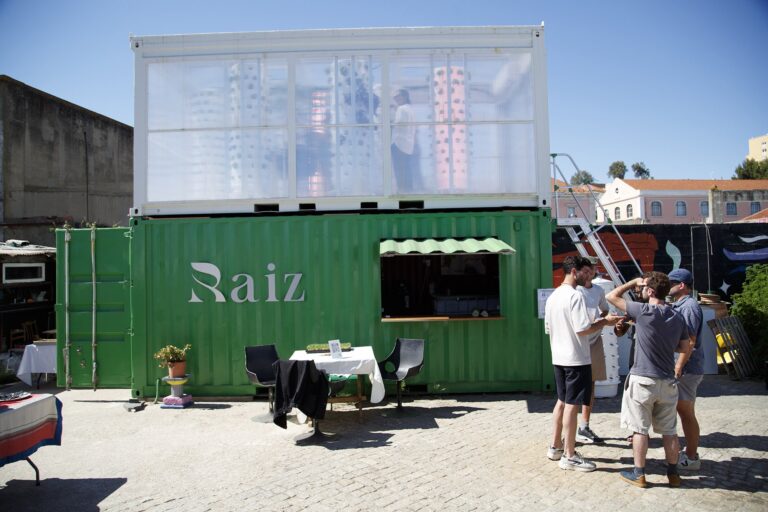Make a profit, while doing good for society
When people start an initiative to make the world a better place, there is a certain expectation that monetization shouldn’t be high on the priority list. But we strongly believe that a healthy profitable business model is an essential cornerstone to scale any venture. Focusing your business model on sustainability or the circular economy should not necessarily mean making your venture non-profit.
If an initiative creates enough value for society and the environment, there is no reason why you couldn’t couple it with a decent revenue model. If you create value for your clients and partners, you should be able to monetize this as well. To get you started, we have listed several monetization techniques used by different businesses.
It’s important to note that some sustainability projects are just one-off campaigns that fit within the context of a larger business. Still, the same pricing options and revenue streams can be applied to your project.
Different business model ideas
Default pricing: product with a mark-up

You can create a new product with a sustainability focus and pitch this to your clients. Take Pluumo as an example: this product developed by Aeropowder takes waste (feathers) from the poultry industry and turns them into a new material – a durable insulation product used in packaging. Items are sold in bulk to B2B clients, and Aeropowder make a mark-up on each shipment. This is a straightforward business model, but other monetization techniques exist:
Subscription / rental revenue model

The Cyclon is ON-brand’s latest sustainability-focused shoe. This running shoe is made from castor beans instead of regular plastics. Every other month, users can swap their pair for a new one if they wish. The rental service is available for $29,99/month.

A collaboration between GANNI & Levi’s resulted in high-end shareable jeans that can be swapped between different owners. The exact pricing of this rental business model depends on the item, but as a reference, some pants can be rented at €199 for 3 weeks.

While both examples above are specific to the fashion industry, similar business models are being explored in many other verticals. Take Grover, a platform to rent out consumer electronics. As a benchmark, a Playstation 4 can be rented for €24 per month. Bluemovement, by Bosch, focuses on household appliances. Rental fees start at €10/month. The company has also introduced a one-time warranty fee to be paid with this service, starting at €20.

Finding the right price for a circular business model is always a challenge. Decathlon, the sports equipment retail store, has also launched a rental service. Customers must first sign up for a membership at €5 per month. All items available with this service can then be rented at a monthly cost of one sixth of the regular retail price. This simple pricing formula will be tested in early 2021.

A bottleneck in these all-you-can-eat subscription-based services is that every item exchange or swap involves real delivery costs. Some businesses therefore cap the number of times a customer can request another item. Other businesses, like Reflower, apply a fixed swapping fee. Every time a customer requests a new set of realistic plastic flowers, they must pay €15 to cover these costs, in addition to the standard €20/month membership fee.
Platform-based business models
The circular economy is also seeing a significant rise in marketplaces, broker models, and similar platform-based business models. But the way they get monetized varies significantly.

TooGoodtoGo endeavours to reduce food waste by selling off food items that retailers or restaurants couldn’t sell via their normal channels. Items that are put on the platform are offered at a discounted rate. TooGoodtoGo charges a flat service fee of €1.09 per transaction. Another revenue stream is based on an annual fee of €39 that businesses have to pay in order to access their platform. This fee is only to be paid by new businesses once they have sold enough items and the platform has proven its worth.

A similar player, but with a focus on B2B sales, is Phenix. This platform also collects food waste from other businesses, charging a fixed commission based on the waste-management gains achieved by the distributors: the better Phenix work, the higher their profit can be.

IFixit follows a different business model. They partially rely on a freemium approach, whereby most of their electronics repair guides are offered for free. If a user wants the right tools or parts, they can use the iFixit shop, and the platform makes a mark-up on all items it sells.

Learn more about circular business models
We offer practical resources to innovate to reach a circular economy business model.


